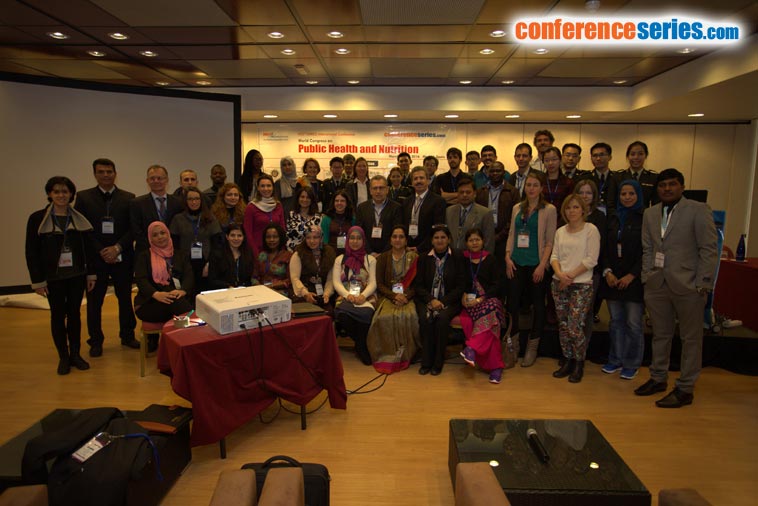
Haci Omer Yilmaz
Ankara University, Turkey
Title: Factors affecting the status of obesity in school-age children
Biography
Biography: Haci Omer Yilmaz
Abstract
Childhood obesity has reached epidemic levels in many countries. Overweight and obesity in childhood are known to have significant impact on both physical and psychological health. Environmental factors, lifestyle preferences, and cultural environment play roles in the rising prevalence of obesity worldwide. The aim of this study; school-age children's eating habits, physical activity levels, and to determine the factors affecting the status of obesity. In the study, 172 boys, 186 girls 11-12 years of aged, a total of 358 children examined. Anthropometric measurements were taken and family factors, eating habits, physical activity time has been questioned. The children in the study by gender, age, weight, height, waist circumference, hip circumference, waist-hip ratio and analyzed the distribution of the body mass index (BMI) according to WHO-2007. Overall average BMI for boys 18.9±3.5 kg/m2, for girls 18.4±3.2 kg/m2. Prevalences of overweight (≥85.-<95. percentiles) and obesity (≥95. percentile) for all children %16.2 and %15.4 respectively. Children who are obese individuals in family average body weight of 43.2 ± 10.61 kg, BMI was 19.4 ± 3.91 kg/m2, while non-obese family members of students' body weight and body mass index respectively was 39.4±7.96 kg to 18.1±2.75 kg/m2 (p<0.05). Eat something before go to sleep and haven't breakfast affect obesity prevalence negatively. Monitoring of obesity at school age children and developing school health programs will be an investment in public health for the future.
Speaker Presentations
Speaker PPTs Click Here

